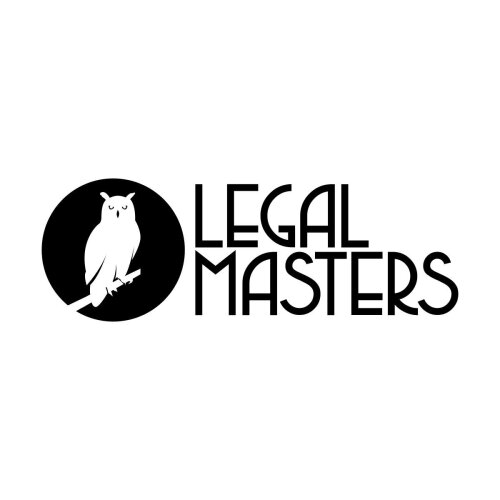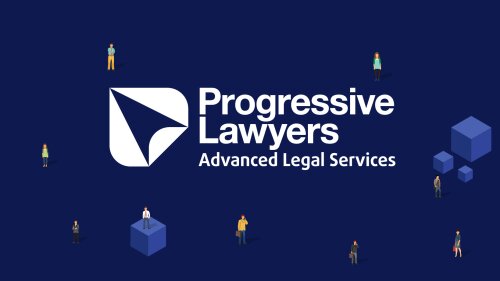Best Antitrust Lawyers in Sofia
Share your needs with us, get contacted by law firms.
Free. Takes 2 min.
List of the best lawyers in Sofia, Bulgaria
About Antitrust Law in Sofia, Bulgaria
Antitrust law in Sofia, Bulgaria, is designed to promote competitive market practices and prevent monopolies. The legal framework is aligned with European Union regulations, as Bulgaria is an EU member state. This legal area aims to ensure fair competition within the marketplace, prevent the abuse of dominant market positions, and regulate mergers and acquisitions to avoid unfair dominance that could harm consumers and other businesses.
Why You May Need a Lawyer
There are several situations in which you might require legal assistance in the field of antitrust. Businesses often seek advice to ensure compliance with antitrust laws when engaging in mergers or partnerships. Individuals or companies that suspect anti-competitive practices, such as price-fixing or cartel behavior by competitors, may also need legal guidance. Additionally, if a business faces accusations of monopolistic behavior or non-compliance with competition laws, seeking an antitrust lawyer's expertise is crucial to navigate the legal implications and defend against such charges.
Local Laws Overview
Bulgaria's Competition Protection Act is the cornerstone of antitrust law in Sofia. This legislation prohibits agreements between businesses that may adversely affect competition, including price fixing, market sharing, and bid rigging. It also restricts the abuse of a dominant market position, which could involve the imposition of unfair prices or trading conditions and limiting production to the detriment of consumers. The Commission for Protection of Competition (CPC) is the regulatory body responsible for enforcing these regulations. The CPC can initiate investigations, impose penalties, and require corrective actions to restore market competitiveness.
Frequently Asked Questions
What is the role of the Commission for Protection of Competition?
The Commission for Protection of Competition (CPC) is responsible for overseeing and enforcing antitrust laws in Bulgaria. It investigates anti-competitive practices, approves or prohibits mergers and acquisitions, and imposes penalties for violations.
What actions are considered anti-competitive under Bulgarian law?
Actions such as price-fixing, collusive tendering, market division, and abuse of a dominant market position are considered anti-competitive under Bulgarian law.
How can I report suspected anti-competitive practices?
You can file a complaint regarding suspected anti-competitive practices with the CPC. Complaints can be submitted by individuals or businesses, and the CPC will evaluate whether to begin an investigation.
Are there penalties for violating antitrust laws?
Yes, the CPC can impose fines and other penalties on businesses that violate antitrust laws. This may include financial penalties, orders to cease and desist certain activities, and other corrective measures.
Can I appeal a decision made by the CPC?
Yes, decisions made by the CPC can be contested in court. Businesses and individuals have the right to appeal decisions if they believe them to be incorrect or unjustified.
How do antitrust laws affect mergers and acquisitions?
Mergers and acquisitions may need to be reviewed by the CPC to ensure they do not reduce competition within the marketplace. The CPC can approve, conditionally approve, or prohibit such transactions.
What is the significance of the EU’s antitrust regulations for Bulgaria?
As an EU member, Bulgaria must comply with EU antitrust regulations. These laws complement local regulations and apply to cross-border business activities within the EU market.
Can foreign companies be affected by Bulgarian antitrust laws?
Yes, companies operating in or affecting Bulgaria's market must comply with local antitrust laws regardless of their country of origin.
What constitutes a dominant market position?
A dominant market position is when a business holds a significant share of a market, allowing it to act independently of competitors and consumers. This position should not be abused to hinder competition.
How can I ensure my business complies with antitrust laws?
Businesses are advised to seek legal counsel to conduct audits, implement compliance programs, and regularly educate employees about antitrust laws to prevent violations.
Additional Resources
The following resources may be helpful for individuals seeking more information about antitrust law in Bulgaria:
- Commission for Protection of Competition (CPC)
- Bulgarian Ministry of Economy
- European Commission's Competition Directorate
- Local law firms specializing in antitrust and competition law
Next Steps
If you require legal assistance in the field of antitrust in Sofia, Bulgaria, it is advisable to consult with a legal professional specializing in competition law. Start by researching local law firms with proven experience in antitrust cases. Prepare all relevant documentation and information related to your case or inquiry before meeting with a legal advisor to facilitate a productive discussion. Ensure you understand the fee structures and legal processes involved in pursuing antitrust matters in Bulgaria.
Lawzana helps you find the best lawyers and law firms in Sofia through a curated and pre-screened list of qualified legal professionals. Our platform offers rankings and detailed profiles of attorneys and law firms, allowing you to compare based on practice areas, including Antitrust, experience, and client feedback.
Each profile includes a description of the firm's areas of practice, client reviews, team members and partners, year of establishment, spoken languages, office locations, contact information, social media presence, and any published articles or resources. Most firms on our platform speak English and are experienced in both local and international legal matters.
Get a quote from top-rated law firms in Sofia, Bulgaria — quickly, securely, and without unnecessary hassle.
Disclaimer:
The information provided on this page is for general informational purposes only and does not constitute legal advice. While we strive to ensure the accuracy and relevance of the content, legal information may change over time, and interpretations of the law can vary. You should always consult with a qualified legal professional for advice specific to your situation.
We disclaim all liability for actions taken or not taken based on the content of this page. If you believe any information is incorrect or outdated, please contact us, and we will review and update it where appropriate.















